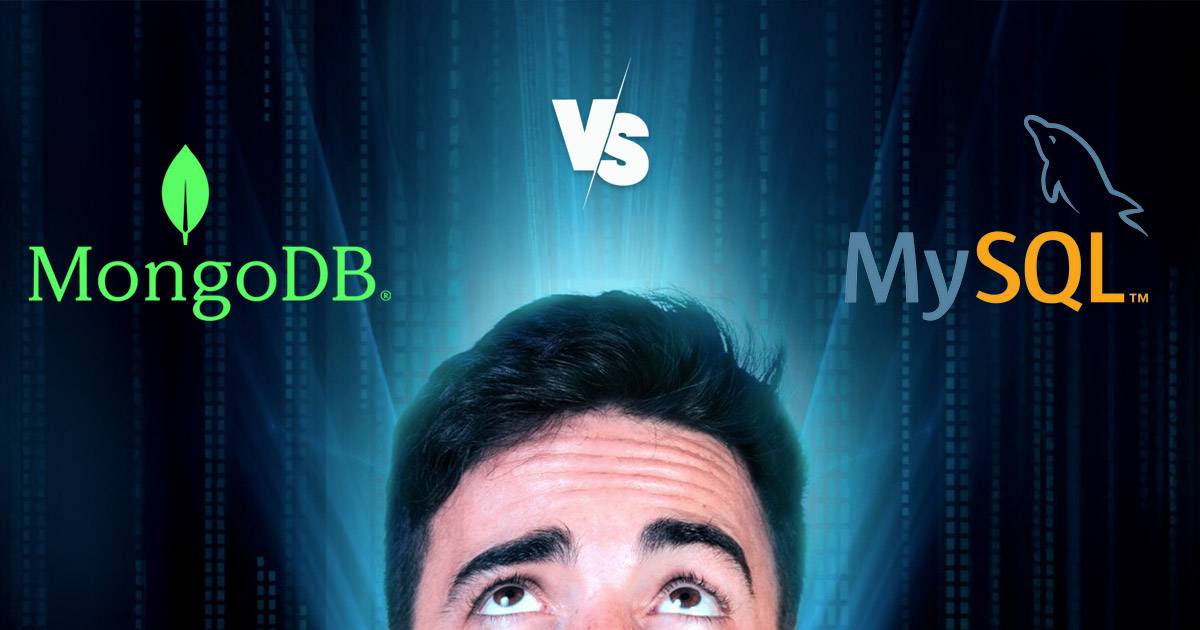MongoDB vs. MySQL: Finding the Best Database Solution

MongoDB and MySQL are two tools that developers often turn to, especially in terms of quality and reliable database management. Each offers unique features tailored to different types of applications. While MongoDB is a NoSQL database designed for flexibility and scalability, MySQL is a traditional relational database known for its reliability and structured query language (SQL). Understanding the differences between these two systems can help you make an informed decision about which one to use for your project.
MongoDB vs. MySQL: What Are They?
MongoDB is a document-based NoSQL database that allows developers to store data in a flexible, JSON-like format. This flexibility is beneficial for applications with rapidly changing data structures. On the other hand, MySQL is a relational database that uses structured tables to organize data.It’s ideal for applications that require complex queries and transactions.
Both databases have their strengths and weaknesses, making them suitable for different scenarios. Whether you’re developing a web application, mobile app, or big data solution, knowing when to use MongoDB or MySQL can set you up for success.
Benefits of Having a Database Management System
Having a robust database management system in place is essential for any organization that deals with data. Here are some key benefits that highlight the importance of utilizing a database management system.
Prevent Data Redundancy
One of the main advantages of using a database management system is its ability to minimize data redundancy. With a well-structured database, you can avoid storing the same data in multiple places. This not only saves storage space but also makes it easier to manage and update your information.
Data Sharing
A database management system allows multiple users to access and share data efficiently. This feature is crucial for businesses where collaboration is essential. With the right permissions, team members can work together without worrying about conflicting data changes.
Fewer Data Inconsistencies
When data is stored in a centralized system, the chances of inconsistencies decrease significantly. A database management system ensures that everyone is working with the same data, reducing errors and confusion. This consistency is vital for accurate reporting and analysis.
Data Integrity & Security
Database management systems offer robust security features to protect sensitive data. By implementing user roles and permissions, you can ensure that only authorized personnel have access to specific information. This helps maintain data integrity and keeps your data safe from unauthorized access.
Data Independence
With a database management system, changes to the data structure can often be made without affecting the applications that rely on it. This flexibility allows organizations to adapt to new requirements quickly without major disruptions.
Comparing MongoDB and MySQL
When deciding between MongoDB and MySQL, it’s essential to understand how they stack up against each other in various aspects. Below are some key comparisons.
User-Friendliness
When it comes to user-friendliness, MySQL tends to have a more straightforward learning curve, especially for those familiar with SQL. Its structured nature makes it easy to understand for new users. Conversely, MongoDB’s document-based model might require a bit more time to grasp, especially for those accustomed to traditional databases. However, once you get the hang of it, MongoDB’s flexibility can be incredibly empowering for developers.
Scalability
Scalability is where MongoDB shines. Its design allows for horizontal scaling, meaning you can add more servers to handle increased loads easily. This makes it a great choice for applications that expect rapid growth or fluctuating demands. MySQL, while capable of scaling, generally relies on vertical scaling, which can be more limiting and expensive as you need to upgrade the existing hardware.
Pricing
Both databases have different pricing structures. MySQL offers a community edition that is open-source and free to use, while also providing commercial licenses for enterprises with additional features. MongoDB also has a free version, but it comes with limitations. For more advanced features and support, you might need to consider their subscription plans, which can get pricey depending on your usage needs.
Performance
In terms of performance, MongoDB often excels with large volumes of unstructured data, thanks to its ability to process high read and write loads efficiently. MySQL, on the other hand, is optimized for complex queries and transactions, making it the better option for applications that require heavy data manipulation. If your project involves a lot of structured data and complex relationships, MySQL might be the way to go.
Flexibility
Flexibility is one of MongoDB’s strongest points. Its document-oriented storage allows developers to change data structures without requiring significant changes to the existing codebase. This adaptability is particularly useful in agile development environments where requirements can shift rapidly. MySQL, while robust, requires a more rigid schema, which can slow down the development process when changes are needed.
Security
Both databases prioritize security, but they approach it differently. MySQL has long been recognized for its solid security features, including data encryption and user authentication. MongoDB has also made strides in security, offering features like role-based access control and SSL encryption. However, the choice may depend on the specific security needs of your application.
Choosing the Right Database Management System Based on Your Needs
Both MongoDB and MySQL have their unique advantages, making them suitable for different types of projects. If you need a flexible, scalable solution for handling unstructured data, MongoDB might be the better option.
However, if your application relies heavily on structured data and complex transactions, MySQL could be the ideal choice. Ultimately, the decision should be based on your specific project requirements, budget, and the expertise of your development team. Understanding the strengths and weaknesses of each database system will empower you to make the best choice for your data management needs.
